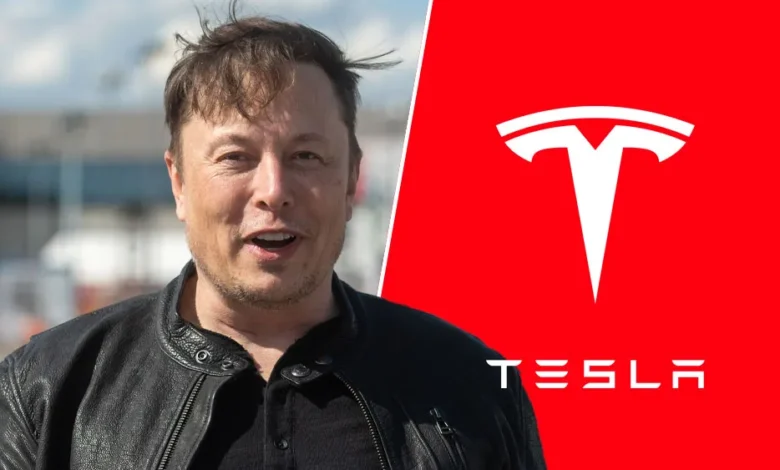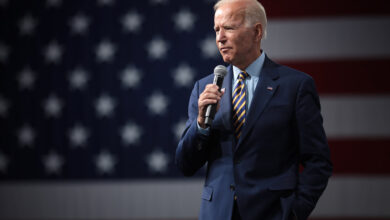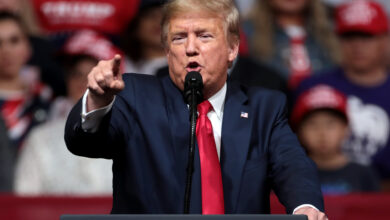Tesla Proposes $56 Billion Pay Package for Elon Musk Again

Tesla Reintroduces $56 Billion Compensation Package for Elon Musk Amidst Strategic and Legal Hurdles
In a bold move that underscores both its ambition and its controversies, Tesla Inc. has once again put forward a staggering $56 billion compensation package for its CEO, Elon Musk. This proposal comes after a tumultuous period marked by legal challenges and operational setbacks, including a significant workforce reduction.
The compensation package, originally set in 2018, was designed to be contingent upon Tesla achieving a market value of up to $650 billion over a decade. While the current market valuation of Tesla stands at approximately $500.36 billion, the package has been a point of contention due to its sheer magnitude and the conditions under which it was agreed.
In January, a Delaware-based judge, Kathaleen McCormick, struck down the initial compensation agreement, labeling the sum as “unfathomable” and criticizing the Tesla board for being overly influenced by Musk’s “superstar appeal” without adequately informing shareholders. Despite this setback, Tesla has not only planned to appeal the ruling but has also urged its shareholders to approve the compensation package once more through a renewed vote.
This reinvocation of the pay deal coincides with significant corporate restructuring at Tesla, including the layoff of more than 10% of its global workforce. This decision was described by Musk in a company memo as painful but necessary. The backdrop of these layoffs adds a complex layer to the ongoing discussions about executive compensation, particularly when juxtaposed against the broader economic pressures facing the electric vehicle (EV) industry.
Tesla’s board, chaired by Robyn Denholm, has expressed dissatisfaction with the court’s decision, arguing that it does not align with the principles of corporate law. Denholm emphasized in a regulatory filing that Musk has not received salary or bonus payments for his work at Tesla over the past six years, framing the proposed compensation as a rectification of what the board considers an “unfair” situation.
The controversy around Musk’s compensation is not isolated from other challenges the CEO has faced over the year. Tesla has had to recall vehicles over safety concerns, and Musk himself has been embroiled in controversies, including accusations of spreading antisemitic conspiracy theories and issues related to the management of his social media platform, X.
Despite these challenges, Musk’s net worth remains immense, with estimates in November 2023 placing him between $198 billion and $220 billion, according to Bloomberg and Forbes, making him the richest individual in the world. This financial standing is crucial as Tesla approaches its quarterly earnings announcement, with the company witnessing its lowest delivery of EVs since 2022 amid weakening demand.
The re-vote on Musk’s pay package represents a critical juncture for Tesla, reflecting broader questions about corporate governance, executive compensation, and shareholder rights. As the company navigates through these operational and reputational challenges, the outcomes of this vote and the ensuing appeal could significantly influence Tesla’s strategic direction and leadership stability.
As Tesla continues to push the boundaries of innovation in the electric vehicle market, the resolution of these governance and compensation issues will not only affect its internal dynamics but also its position in the global market. Stakeholders and industry observers are keenly watching these developments, as they will set precedents for executive compensation and corporate governance in the tech and automotive industries.




